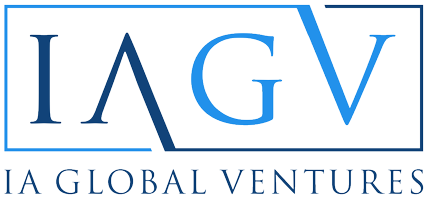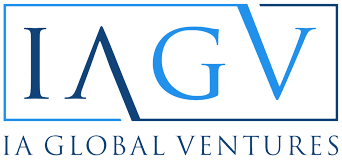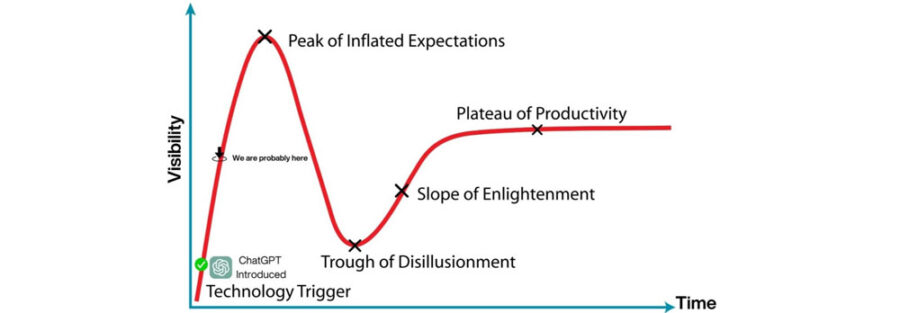A disciplined framework for evaluating AI companies beyond the buzzwords
The Rise of AI in the Startup Ecosystem
Nearly every pitch deck today highlights an AI angle. The AI gold rush is well underway, with some startups poised to redefine industries—and many others likely to disappear after burning through significant capital.
As investors, it is essential to distinguish substance from hype. At IA Global Ventures, we look for AI that works, AI that lasts, and AI that can build long-term value.
12 Critical Questions to Ask
Here are the twelve essential checks we apply before committing capital to any AI company:
1. Is the AI solving a real problem?
AI should serve a clear purpose. If removing AI makes the product irrelevant, that is often a sign the technology is core to the value proposition—not simply a funding hook.
2. Does the company own proprietary data?
Data is the foundation of AI. Proprietary datasets within specific industries create defensible advantages and reduce the risk of commoditization.
3. Can the team explain their AI clearly?
Founders should articulate how their AI works without relying on jargon or vague claims. The ability to explain complex systems simply is a marker of real expertise.
4. Does the AI improve over time?
We prioritize models designed to learn continuously, incorporating new data and user feedback to compound value over time.
5. Is the product defensible against the ‘Magnificent Seven’?
When hyperscalers—Alphabet, Amazon, Apple, Meta, Microsoft, Nvidia, or Tesla—enter a market, undifferentiated AI companies are often displaced. We look for unique advantages, from proprietary data to specialized applications.
6. Do economies of scale exist?
AI infrastructure is costly. We assess whether the business model allows gross margins to improve as the company scales.
7. Is there discipline around costs?
Excessive spending on compute and engineering is a warning sign. We value startups that think carefully about cloud expenses and model optimization from day one.
8. Can the company survive the Gartner Hype Cycle?
Every emerging technology moves from hype to disillusionment before reaching productivity. Startups dependent on investor enthusiasm rather than real traction are at risk when expectations reset.
Evaluating Business Fundamentals
Beyond AI-specific considerations, we evaluate the fundamentals that underpin any strong business:
9. The Founding Team
Technical expertise alone is not enough. Successful founders combine product vision, resilience, and the ability to adapt in fast-changing markets.
10. Market Size and Competitive Dynamics
AI is an enabler, not a business model. We analyze whether the market opportunity is large enough to support venture-scale outcomes and whether customers are ready to adopt new solutions.
11. Financials and Unit Economics
We look beyond optimistic forecasts to assess the realism of revenue assumptions and cost structures. A credible path to profitability matters.
12. Timing
Market timing is critical. Even a strong idea can fail if it arrives too early—or too late. We consider whether conditions are right for adoption today.
A Disciplined Approach in a Rapidly Evolving Landscape
AI is transforming industries at remarkable speed. While many startups will struggle, those with strong fundamentals and thoughtful execution have the potential to create lasting value. Applying a disciplined framework helps investors see past the noise and identify the companies positioned to lead.



